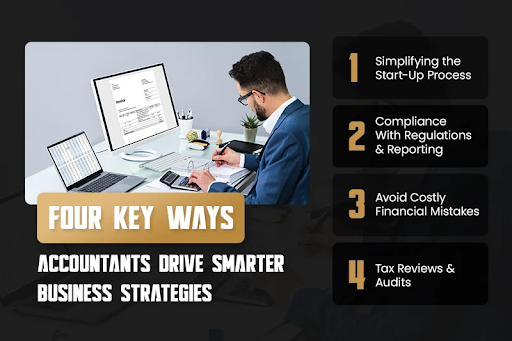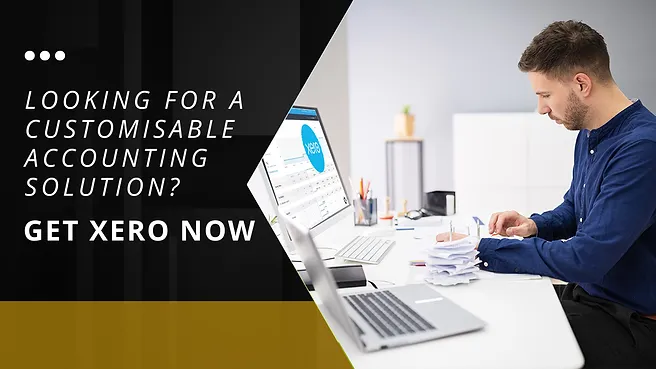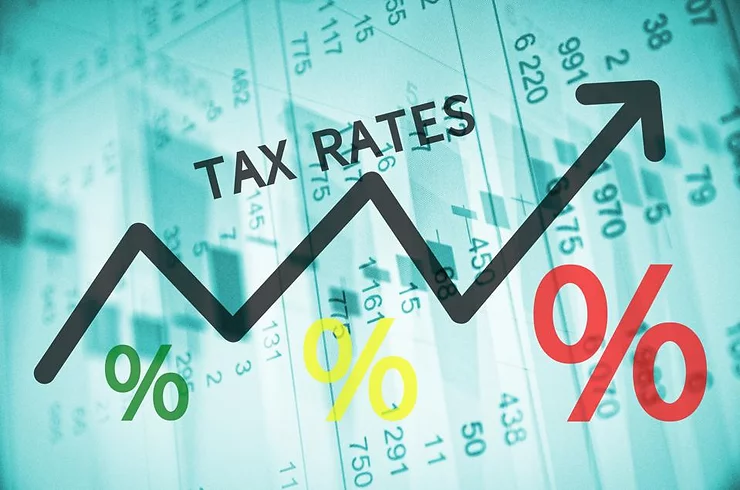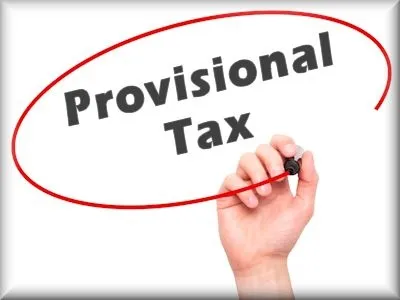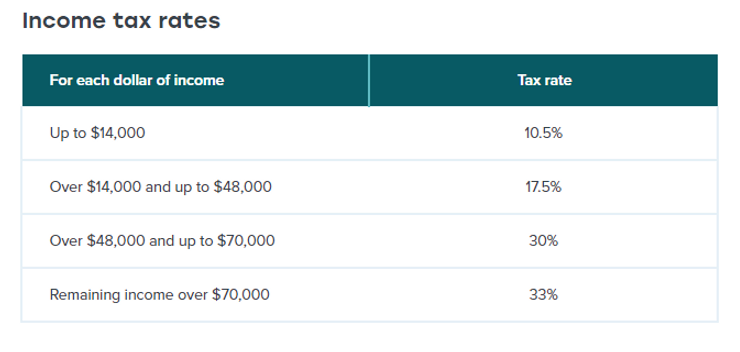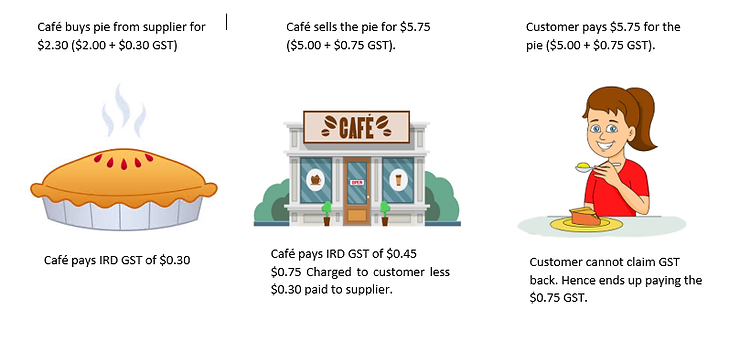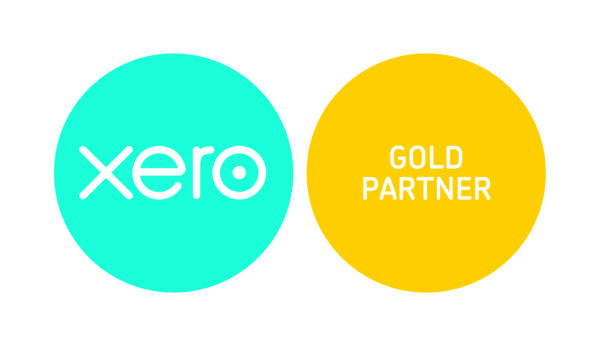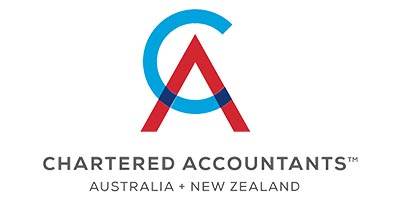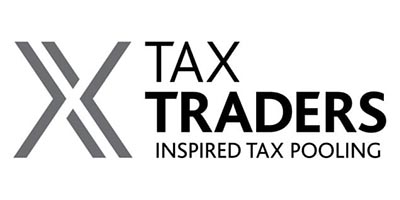Have you ever felt confused about choosing the right accountant for your small business? Do you worry about making a mistake that could cost you time as well as money? Finding a good accountant is one of the most important decisions for any small business owner. The right accountant can always help you save money, stay organised, and grow your business. But if you choose the wrong one, it can lead to stress, financial problems and missed opportunities.
Many small business owners make simple mistakes when picking an accountant, often without realising it. In this blog, we will talk about the most common mistakes people make and how you can avoid them. By making the right choice you can ensure your business runs smoothly and you get the best financial advice for your needs.
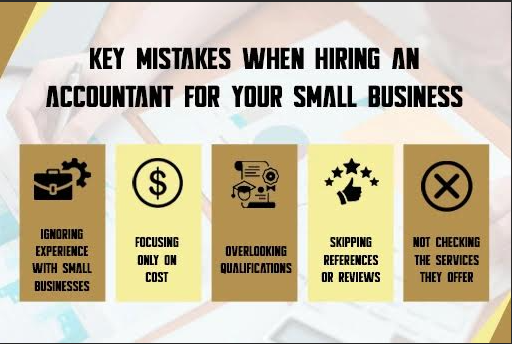
Avoid These Key Mistakes When Hiring an Accountant for Your Small Business
Choosing the right accountant is an important decision for any small business. However, picking the wrong one can lead to stress, financial mistakes, and even legal issues. Let’s look at common mistakes small business owners make when searching for the best accountant for their small business and how you can avoid them:
1. Ignoring Experience with Small Businesses
Not all accountants are the same. Some work mainly with large corporations, while others focus on small businesses. Therefore, hiring someone without experience in your industry or business size could lead to poor advice or missed opportunities. Always look for an accountant who has worked with businesses like yours and understands your specific needs.
2. Focusing Only on Cost
While it is important to stay within your budget choosing the cheapest accountant may cost you more in the long run. Low fees might mean fewer services, less expertise or poor communication. Therefore, instead of focusing only on price consider the value they provide. A slightly more expensive accountant with a strong track record could save you money as well as stress in the future.
3. Overlooking Qualifications
It is very easy to assume that all accountants are qualified, but this isn’t always the case. You need to make sure the accountant you choose is certified or chartered. That means they have completed the necessary training and are held to high professional standards. In the UK, always look for qualifications like ACCA, ACA, or CIMA.
4. Skipping References or Reviews
Many small business owners skip the step of checking references or reviews. However, this is a mistake. Speaking to other clients or reading online feedback can always give you a good idea of what to expect. Look for an accountant with a reputation for being reliable, approachable, and knowledgeable.
5. Not Checking the Services They Offer
Different accountants offer different services. Some only handle bookkeeping and tax returns while others provide advice on business growth, budgeting and financial planning. Make sure the accountant you choose offers the services your small business needs both now and in the future.
Make the Right Choice for Your Business
At Elite Accounting Limited – Chartered Accountants, we specialise in helping small businesses with their accounting needs. Our experienced as well as friendly team always provides expert advice, tax-saving strategies, and personalised support to help your business succeed. Moreover, we take the stress out of managing your finances so you can focus on growing your business.
Get in touch with us today and let us help you take your business to the next possible level!
